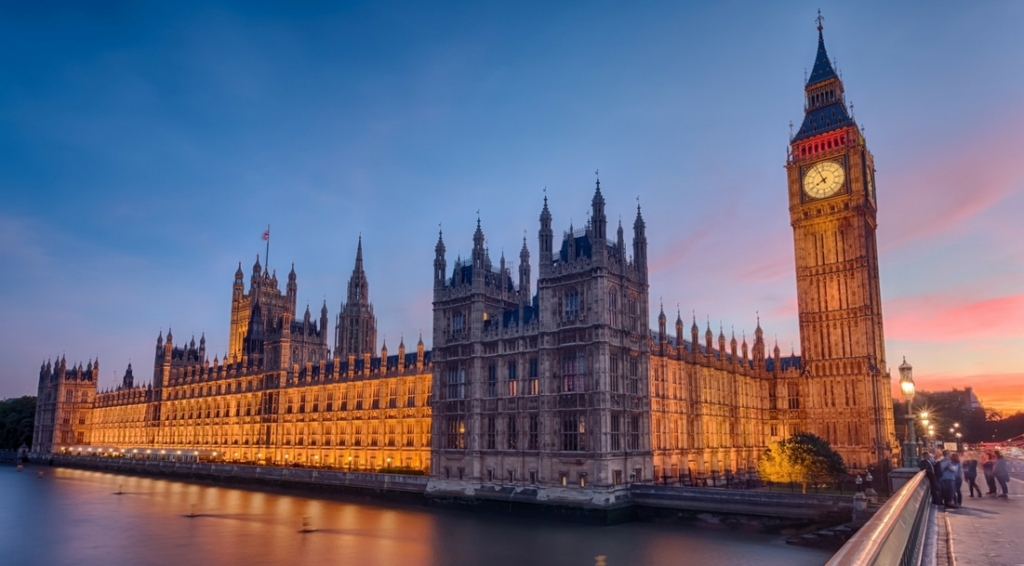The Traditional Democracy’ is the second part of The New State (1918) by Mary Parker Follett and comprises of 6 chapters.
Capsule summary of Part II, Chapters 16-21
- Democracy Not ‘Liberty’ and ‘Equality’: Our Political Dualism
Equality rests on two points of view: (a) I am equal to everyone else as one of the necessary members of the group; (b) each of these essential parts is the tap from an infinite supply – in every man lives an infinite possibility. These observations falsify the ‘political dualism’ of the state and the citizen that has been accepted by the existing theories. Likewise, the conception of democracy as ‘natural’ rights, ‘liberty’ and ‘equality’ becomes obsolete because we may now see that there are no ‘natural’ rights and rights are born with society. Liberty cannot be defined in negative or quantitative terms, or equality in quantitative or mechanical terms, which is the current practice.
- Democracy Not the Majority: Our Political Fallacy
It is fallacious to conceive democracy as ‘the ascendance of numbers’ or ‘majority rule’: (a) in practice, we are seldom ruled by numbers alone; (b) majority rule ‘by its very nature abolishes itself’ because once a party has gained majority, further decisions are necessarily delegated to committees, sub-committees, party bosses, or even one boss – ‘Many men want majority rule so that they can be this committee of one’; (c) the idea that ‘the getting of votes’ is the object leads to corruption; (d) in practice, majority rule draws upon inheritance and environment (which includes sentiment and prejudice), mass-induced idea (the spread of thought and feeling throughout a community by suggestion), and some degree of integration of the different ideas and the different forces of that particular society; (e) majority rule where sufficient ‘integration’ has not happened is recognized even now as ‘artificial majority’, which seldom lasts for long; (f) a majority meaning a preponderance of votes can easily be controlled by a party or an ‘interest’, and lead to manipulation of ‘helpless majorities’. It is equally fallacious to believe that the minority is always right (it has already been established in the previous part that great ideas are not invented in isolation). Proportional representation of minorities does not solve the problem either.
- Democracy Not the Crowd: Our Popular Delusion
To perceive democracy in terms of crowd or mass, and to try to make it work under the laws of the crowd, is a ‘popular delusion’. ‘Those who apotheosize the crowd and those who denounce the crowd’ are both victims of this delusion. There are already signs of a growing tendency to operate under the group laws, and ‘our most essential duty to the future is to see that that tendency prevail.’ America stands at crossroads where it must make a choice. Personalities whose views have been discussed here include Walt Whitman, Jane Harrison, Gabriel Tarde, Bismarck, Rene Arcos, Jules Romains, Charles Vildrac, Walter Bagehot and Parley Parker Christensen.
- The True Democracy
True democracy is yet to be discovered but may be anticipated as ‘the rule of an interacting, interpermeating whole’. It is a centripetal force, and suffrage is only its external aspect. Already, there are enthusiasts for this cause, and their observations are supported by ‘the most vital trend in philosophical though and by the latest biologists and social psychologists.’ This gives us a new idea of aristocracy too: ‘We believe in the few but not as opposed to the many, only as included in all.’
- The Growth of Democracy in America
The two problems of democracy today are: how to make the individual politically effective, and how to give practical force to social policies. The appreciation of the individual has been steadily growing since the Middle Ages, Reformation also being an individualistic movement. An error of the subsequent thinkers was to perceive the individual as separate units. The social contract theory, and the theories of Jeremy Bentham, John Stuart Mill, Herbert Spencer were therefore flawed. A different line of thinking developed under the influence of Immanuel Kant and Georg Wilhelm Friedrich Hegel, leading to T. H. Green, and through his influence to the idea of the state as the fulfillment of the individual. Early examples include the Education Act of 1870, the Factory Act of 1878, and the various mines and collieries acts from 1872 onward in England as well as America. In US, the Declaration of Independence, the Constitution and the approach of the early statesmen betrayed ‘very little indication’ of faith in human being, but a tendency towards aristocracy – ‘Fear, not faith, suspicion not trust, were the foundation of our early government.’ This was the basis of the ‘system of checks and balances’, which turned out to be almost unworkable and led to the necessity of an ‘extra-official system’, the party organization in order to (a) give the individual some share in government; and (b) to give the government a chance to carry out definite policies, to provide some kind of a unifying power. It has failed because the people have power only in theory but ‘really the government is the primaries, the conventions, the caucuses.’ Efforts at reform focused on (a) change in the forms of government (charters, etc.); (b) the nomination of ‘good’ men to office; and (c) exhortation to induce ‘the people’ to elect them. This is ‘a futile and childish’ idea because it leaves out the whole body of citizenship. The solution now being realized slowly is ‘an entire citizenship educated and responsible.’
- After Direct Government – What?
Direct government, the concentration of administrative responsibility and the increase of social legislation are three movements making an enormous change in American political life at this time. Follett suggests that this is not sufficient and what is needed is ‘a new method of living by which the individual shall learn to be part of social wholes, through which he shall express social wholes.’
